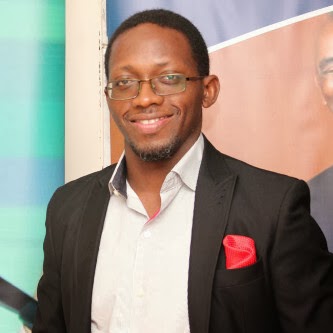As the World Bank prepares to choose its next president in a few days, the international media is inundated with updates of the interview process and the candidates. Somewhere in between the violence in Syria and the increasing woes of the economies in Europe, The world’s attention is without doubt drawn to debate as to who should lead the World Bank. The exceptionally qualified contenders Mrs. Ngozi Okonjo-Iweala, Nigeria’s Finance Minister nominated by South- Africa (An interesting observation), Renowned economist Antonio Ocampo and the Dartmouth President Jim Yong Kim, a medical Doctor born in South Korea show that the world truly has changed and begins to question the informal agreements made between Europe and America.
Under an informal agreement, the US heads the World Bank while a European heads the IMF. While that has worked in the post World war II era, the realities of our changing world point to the fact that competence and not nationality should be the sole factor for choosing who leads the World bank.
History has proven that a change in leadership, Staff and direction of the World Bank has the ability to impact greatly on the world. Can we quickly forget the change in policy direction of the bank between 1980 – 1989 when A. W. Clausen was president, the severe introduction of Structural Adjustment Policies lead to great suffering in the developing countries and as UNICEF put it, was responsible for "reduced health, nutritional and educational levels for tens of millions of children in Asia, Latin America, and Africa". I personally believe that Nigeria has not recovered from the blind implementation of this Policy.
The credibility and expertise of the candidates is not in doubt. Reflecting on her experiences living in the village, training in Harvard and being a world class economist, Mrs. Okonjo-Iweala represents a formidable candidate that can truly lead the world bank, but the question is has she been successful with the handling of Nigeria’s economy. A plethora of government terms “NEEDS”, “7-Point Agenda”, “Vision 20-20” leave the citizens wondering when we can actually do away with media savvy acronyms and make policies that actually reflect the yearnings of millions of Nigerians, policies with that favor the masses. The reality is the Interests of western governments are all it seeks to protect in choosing the heads of the Breton-Woods institution and rightly so but my question always is, who protects Nigeria’s interest? What would we like to leave for our children and our grandchildren? When will these self seeking, greedy and myopic politicians see that you cannot provide jobs, enrich western countries and empower them with the stolen loot while millions of Nigerians are without food, clothing or work. With an external debt of $5.66 billion and a teeming population of 160 million, we can agree that the situation is indeed dire.
Would a Nigerian as the President of the World Bank make a difference to us? Maybe. Maybe not. The truth is, other than national pride, all we can do is hope that the policies of the bank become more global rather than western. The challenges we face in our country; Security, economic, developmental are enormous and ensuring we meet the goals of development is extremely important to our future. Development must not only be step by step but all things together. Dealing with corruption, solving the infrastructure challenges and the education and empowerment of Nigerians.
Some observers believe that the voting bloc may tow the line of the US in choosing the World Bank president. Perhaps there will be a deviation from the status quo. Whatever happens, there is not doubt that the face of our world and international policies has changed and that developing countries will ask, whose right it is to tell them when to develop, and how. The world is changing. It always is.









